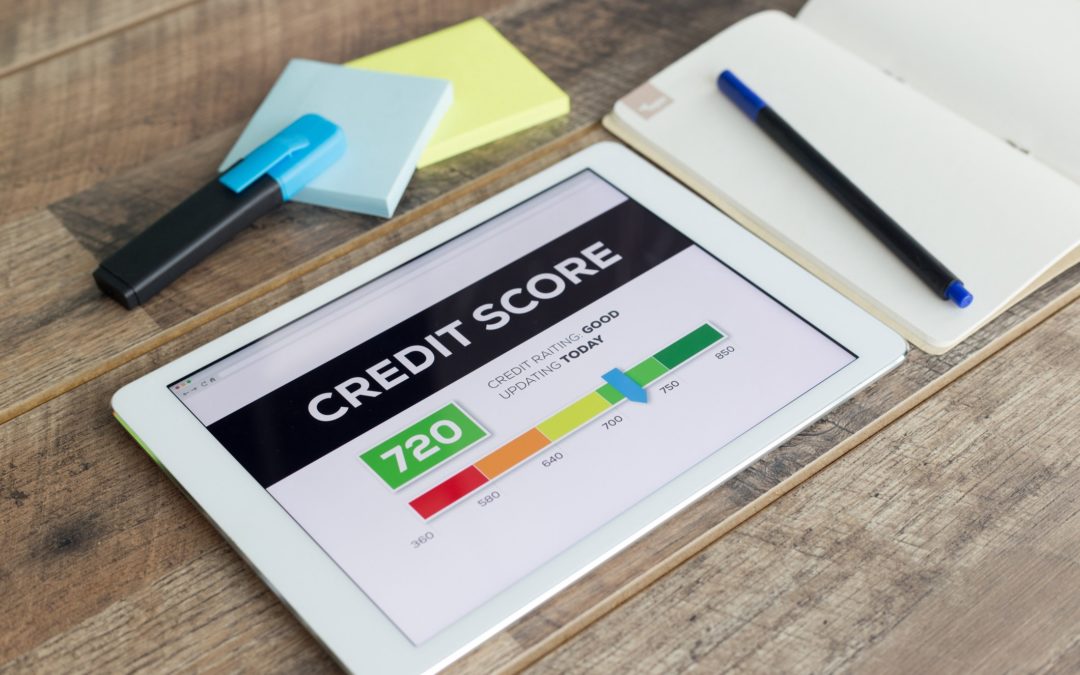Stay In The Game To Score Better!
Closing An Account And Its Effect On Credit Scores
Generally, if you have unutilized credit sitting on your credit line and you close it, this will reflect negatively on your score. For example, you have a credit card with a $10,000 credit limit, and you have only used $1,000 on it, which means your utilization rate is 10%. If the consumer now decides to close this account, he will no longer have access to the credit, and his score will also decrease as it will reduce the length of his credit history.
When we are talking about installment plans such as personal loans or auto loans, then it does not affect the utilization rate.
The relationship between the length of credit lines and credit score is important in the context of credit cards. Suppose you have three credit cards, and one of them has been open for seven years, and the other two have been open for three and six years, respectively.
Next, let us assume you have closed the credit card, which was open for six years. You want to find out how it will affect your credit history?
Let’s quickly take a look at how we calculate the length of credit history. We add up the number of years for all cards and divide it by the number of credit cards.
| Length of Use | Number of Years |
|---|---|
| Card A | Seven years |
| Card B | Three years |
| Card C | Six years |
| Average length | 7+3+6=16 /3= 5.3 |
| Length of Use | Number of Years |
|---|---|
| Card A | Seven years |
| Card B | Three years |
| Average length | 7+3= 10 /2= 5 |
Review Other Factors, Utilization Rate, And Credit Mix
Sometimes you may be faced with the question, should you close an unutilized account that was opened by mistake. Now we know that closing an account will negatively impact our score. But it is better, in this case, to close this account and ignore its impact and focus on other accounts. The average length of history will then be calculated based on open accounts.
It is also advised to close an account when the account reflects some negative information. There may be late payments, or some charge offs in this account. It is best to close such accounts as this may act as negative information sitting on our credit profiles.
Hence several factors come into play while determining the credit score. These are a) the length of credit history, b) the utilization rate, c) and the mix of credit used. If, however, a question arises that you opened a credit card account at a retail store and closed it later because you were not using it much. Will it affect your credit? Well, generally, it will affect your credit score negatively. Whereas, we should consider secondary factors while reaching a decision. This means if there is a right mix of credit that is being utilized and the average length of history is also strong, then its okay to close a specific account that was opened by mistake.
Consider another example where a consumer opened a credit card account at Macy’s store under pressure from the salesperson but regrets it later. What should he do? In this case, it makes sense for the customer to close the account. Hence a better decision can be made when we look at other information related to the account.

